How to Carve Out Your Own Niche in the Industry
CherryHome is a smart system for elderly care that uses computer vision, recognizes people using a digital skeleton, assesses dangerous situations, notifies family members or caregivers about them, and sends daily reports about users to their relatives. Crunchbase, Forbes, VentureBeat and many others have already written about CherryHome, so now our turn has come.
CherryHome has three co-founders: the founder of 33Bits Development Studio, winner of TechCrunch Disrupt 2016, Maxim Goncharov, Managing Partner of Gagarin Capital fund, Nikolay Davydov, Ex-head of Mobile Department at Yandex Stas Veretennikov. The Ex-Head of Solar Product Engineering and Pilot Operations at SolarCity/Tesla, Benjamin Heng has become the fourth frontman of the company.
The startup was launched in 2016 in California, where after TechCrunch Disrupt Maxim met with the fairy godmother of all Russians coming to the Valley, Nikolai Davydov, who immediately offered to support his idea.
CherryHome managed to attract $6.9 million in funding, to build a distributed team, become recognizable in the Valley, and interest Panasonic and Fuji, to save one grandparent and change the elderly care industry.
The startup was launched in 2016 in California, where after TechCrunch Disrupt Maxim met with the fairy godmother of all Russians coming to the Valley, Nikolai Davydov, who immediately offered to support his idea.
CherryHome managed to attract $6.9 million in funding, to build a distributed team, become recognizable in the Valley, and interest Panasonic and Fuji, to save one grandparent and change the elderly care industry.
Maxim Goncharov and
Nikolay Davydov
Nikolay Davydov
Maxim believes that companies with "fruit" names are lucky in the Valley (CherryHome is named after Davydov's dog), we tried to figure out what helped CherryHome besides luck and "Valley magic", how a distributed team functions, what path the project has overcome from the origin of the idea to today, and what drives the creators trying to connect grandparents to artificial intelligence.
CherryHome Team
— Stas, how did you join the project? Why did you decide to leave a successful career for shaky ideas?
Stas: I met with Maxim when he came to St. Petersburg. While eating burgers, he told me about the US and Nick, how he offered him an investment, barely heard the idea. Max himself did not know whether it was true or not. At exactly the moment Nick called, his suggestion turned out to not be a joke.
Maxim asked me to join him, and I immediately said: "Yeah, let's go!" The project was a challenge for me — much more difficult than my work in Yandex.
— And how did Ben join you? What attracted him?
Stas: Nick and Max organized an event to attract people to the project; then there was Ben. His children go to the same school that Nick's children do. They met there. Ben listened, decided to invest, and also offered to help with his expertise in hardware. As a result, he became a full-fledged part of the team, goes to the office, and is responsible for the whole hardware-department.
Stas: I met with Maxim when he came to St. Petersburg. While eating burgers, he told me about the US and Nick, how he offered him an investment, barely heard the idea. Max himself did not know whether it was true or not. At exactly the moment Nick called, his suggestion turned out to not be a joke.
Maxim asked me to join him, and I immediately said: "Yeah, let's go!" The project was a challenge for me — much more difficult than my work in Yandex.
— And how did Ben join you? What attracted him?
Stas: Nick and Max organized an event to attract people to the project; then there was Ben. His children go to the same school that Nick's children do. They met there. Ben listened, decided to invest, and also offered to help with his expertise in hardware. As a result, he became a full-fledged part of the team, goes to the office, and is responsible for the whole hardware-department.
Maxim: We realized that money needs to be involved in such relations. But, that money doesn't always have to come from you. When money comes from a person, they are also interested in the success of the project.
Ben was attracted by the fact that we are very fast. Usually the cycle of bringing hardware-products to the market — a few years, but we got the first customers after about a year. He liked our results in our computer vision, so he wanted to participate in the project.
Ben was attracted by the fact that we are very fast. Usually the cycle of bringing hardware-products to the market — a few years, but we got the first customers after about a year. He liked our results in our computer vision, so he wanted to participate in the project.
Maxim, CherryHome, Ben, and TheraCare Agency
— How many people are on the team today?
Stas: The team consists of 26 people from Moscow, Nizhny Novgorod, Sochi, Kiev, Kharkov, and the USA.
— How did you get them together? What difficulties did you face?
Maxim: The first two employees we met at a conference. We listened to how they explained the problem of determination the behavior of drivers inside the car: if they fell asleep or is were talking on the phone. We told them about our project and people joined.
Stas: The problem with hiring was that today's ML engineers, barely out of universities, already consider themselves great specialists. But they have almost no knowledge of classical computer vision algorithms. We understood that we needed excellent specialists with a wide range of knowledge both in ML and in classical algorithms. We wanted to build technology at the junction. We managed to find people with 10 years of experience in Computer Vision and PhD's. They liked our idea and immediately joined the project.
Stas: The team consists of 26 people from Moscow, Nizhny Novgorod, Sochi, Kiev, Kharkov, and the USA.
— How did you get them together? What difficulties did you face?
Maxim: The first two employees we met at a conference. We listened to how they explained the problem of determination the behavior of drivers inside the car: if they fell asleep or is were talking on the phone. We told them about our project and people joined.
Stas: The problem with hiring was that today's ML engineers, barely out of universities, already consider themselves great specialists. But they have almost no knowledge of classical computer vision algorithms. We understood that we needed excellent specialists with a wide range of knowledge both in ML and in classical algorithms. We wanted to build technology at the junction. We managed to find people with 10 years of experience in Computer Vision and PhD's. They liked our idea and immediately joined the project.
CherryHome office in Palo Alto
— Why did you hire mainly in Russia?
Stas: There is an opinion that there is a good pool of programmers in Russia. We also hold this opinion.
— What about the difference in the price of specialists?
Stas: Specialists of such a level who work with us, cost much more here, and large corporations, which are difficult to compete with, enticing them by throwing money.
— Many still do not see the fundamental difference between a freelancer and a full-fledged remote employee. How do you feel about hiring freelancers for a distributed team?
Maxim: A freelancer does not know how to play on a team. Therefore, we would rather give preference to someone who has had experience in a corporation.
— What rules and traditions do you have within your distributed team? Any personal discoveries?
Maxim: We try to hire people stronger than ourselves, because they can teach us new things. But a person working remotely can open up and doesn't hesitate to teach others, unless you create the right atmosphere with a high level of trust.
On a team, we have a rule: if you can use a camera, use a camera. There are meetings where we all connect via video, and this tradition seems to have brought positive results. For many millions of years, people have communicated, looking at each other. If you often see a person's face, you begin to believe that they belong to your tribe, and there is the evolutionary mechanism to protect our compatriots within us.
— How did you build the management of your distributed team? On the principle of "trust, but check"? What's more important in your case?
Stas: There is no particular strict control. Delays happen for family, household reasons, but they do not want to let down colleagues and quickly make up their part of the work.
Maxim: The responsibility of teamwork is magic. The head sometimes is not even necessary to make observations. We do not want to implement any strict rules and systems of punishment, on the contrary — we try to maintain friendly relations.
Stas: There is an opinion that there is a good pool of programmers in Russia. We also hold this opinion.
— What about the difference in the price of specialists?
Stas: Specialists of such a level who work with us, cost much more here, and large corporations, which are difficult to compete with, enticing them by throwing money.
— Many still do not see the fundamental difference between a freelancer and a full-fledged remote employee. How do you feel about hiring freelancers for a distributed team?
Maxim: A freelancer does not know how to play on a team. Therefore, we would rather give preference to someone who has had experience in a corporation.
— What rules and traditions do you have within your distributed team? Any personal discoveries?
Maxim: We try to hire people stronger than ourselves, because they can teach us new things. But a person working remotely can open up and doesn't hesitate to teach others, unless you create the right atmosphere with a high level of trust.
On a team, we have a rule: if you can use a camera, use a camera. There are meetings where we all connect via video, and this tradition seems to have brought positive results. For many millions of years, people have communicated, looking at each other. If you often see a person's face, you begin to believe that they belong to your tribe, and there is the evolutionary mechanism to protect our compatriots within us.
— How did you build the management of your distributed team? On the principle of "trust, but check"? What's more important in your case?
Stas: There is no particular strict control. Delays happen for family, household reasons, but they do not want to let down colleagues and quickly make up their part of the work.
Maxim: The responsibility of teamwork is magic. The head sometimes is not even necessary to make observations. We do not want to implement any strict rules and systems of punishment, on the contrary — we try to maintain friendly relations.
Looking for a direction and transformation of the product

— How did the product come to what it is now? What ideas did you have to give up?
Maxim: We started with a few ideas, taking care of the elderly was among them. But we refused it: we underestimated the market and thought that doing it was not such an interesting idea. Then we moved on to the automation of smart homes. We realized that it was very expensive and yet no one really needs it. Then, we made a security system, which was supposed to reliably determine who is who, and turn on the alarm if an uninvited guest came.
We quickly realized that the achieved accuracy did not allow us to do it. There are technologies whose accuracy is close to 100%, and any quality of facial recognition is incomparable with a pin code. Besides, we wanted to control the whole house, which meant installing cameras in every room: the system was very expensive and did not work perfectly.
Our next idea was family members being able to act as assistants. We wanted to improve the lives of family members by telling them what was happening at home. Here we are faced with many problems, and the pilot project realized that spouses don't always want the other to know everything about them. It was difficult to build a product around this idea. Then we decided that there are two categories of family members, those who want to know everything about each and for whom it doesn't cause any conflict, — children and elderly. Usually, everybody shares information about the kids to everyone in the family and everyone is glad. The same story is true with the elderly.
In the US, children under 12 years old cannot be left alone (for us, with our mentality, it seems at least strange). If you leave an 11-year-old child at home for half an hour — it's against the law. Therefore, babysitters are very common here.
We decided that we can make a monitor to control babysitters and the kids with them. But children do completely different things and if, for example, the child fell, in most cases it is not a problem. It was extremely difficult to describe all the cases that we had to take control of.
Maxim: We started with a few ideas, taking care of the elderly was among them. But we refused it: we underestimated the market and thought that doing it was not such an interesting idea. Then we moved on to the automation of smart homes. We realized that it was very expensive and yet no one really needs it. Then, we made a security system, which was supposed to reliably determine who is who, and turn on the alarm if an uninvited guest came.
We quickly realized that the achieved accuracy did not allow us to do it. There are technologies whose accuracy is close to 100%, and any quality of facial recognition is incomparable with a pin code. Besides, we wanted to control the whole house, which meant installing cameras in every room: the system was very expensive and did not work perfectly.
Our next idea was family members being able to act as assistants. We wanted to improve the lives of family members by telling them what was happening at home. Here we are faced with many problems, and the pilot project realized that spouses don't always want the other to know everything about them. It was difficult to build a product around this idea. Then we decided that there are two categories of family members, those who want to know everything about each and for whom it doesn't cause any conflict, — children and elderly. Usually, everybody shares information about the kids to everyone in the family and everyone is glad. The same story is true with the elderly.
In the US, children under 12 years old cannot be left alone (for us, with our mentality, it seems at least strange). If you leave an 11-year-old child at home for half an hour — it's against the law. Therefore, babysitters are very common here.
We decided that we can make a monitor to control babysitters and the kids with them. But children do completely different things and if, for example, the child fell, in most cases it is not a problem. It was extremely difficult to describe all the cases that we had to take control of.
Adults do similar things every day, anomalies are easier to identify. We launched a pilot project with caregiving agencies, found out that hiring a nurse to be with an elderly person 24/7 costs $20,000 per month. We thought that we could reduce the cost of the service, and chose this direction as the main target.
It is important to understand that this is only the direction of the product, but our technology allows a lot. In everything that concerns the analysis of behavior in small rooms, our technology is the most advanced. In general, the technologies that are used in this industry are very outdated. At times, it seems that we came with the excavators to the site, where everybody is still digging with shovels.
Product promotion and competition
— Who promotes your product? How does Cherry get into users' homes?
Maxim: Nick is more engaged in the promotion, well, I am in terms of the vision of the product.
Switching from B2C to B2B helped us a lot. Caregiving agencies already know the problems of their customers, understand what they need and how to sell it. This is a huge advantage, because we do not need to explore the market from scratch. We came to the territory where the rules of the game had already been set. Caregiving agencies have already been earning money and wanted to optimize business. We decided that they are our customers, through which we need to sell Cherry.
In addition, such companies as Panasonic and Fuji are interested in cooperation with us: Japan has a very strong market for the care of pensioners. These days, there is a big trend in "aging at home". People do not want to go to nursing homes and we can help them in this.
Maxim: Nick is more engaged in the promotion, well, I am in terms of the vision of the product.
Switching from B2C to B2B helped us a lot. Caregiving agencies already know the problems of their customers, understand what they need and how to sell it. This is a huge advantage, because we do not need to explore the market from scratch. We came to the territory where the rules of the game had already been set. Caregiving agencies have already been earning money and wanted to optimize business. We decided that they are our customers, through which we need to sell Cherry.
In addition, such companies as Panasonic and Fuji are interested in cooperation with us: Japan has a very strong market for the care of pensioners. These days, there is a big trend in "aging at home". People do not want to go to nursing homes and we can help them in this.
Mark of Excellence award in the "Emerging Technologies" category
— What about competition in this market?
Stas: At first, I was upset that the market was clogged with buzzwords. AI is already written on every second camera, but from the very beginning, we have had a claim to real AI. All new cameras say they can recognize the faces of those who come and go. We took the best samples (both expensive American, and budgetary Chinese) and understood that nothing works there.
Maxim: That is why our goal is to be the first and hold the lead as long as possible.
— Has there been a real rescue case?
Maxim: Yes. One day one grandmother, who was 99 years old, at night decided to dig into the wires, switch the extension cords, and then could not get up. Thanks to Cherry, her daughter noticed it, came and helped her get up, to orient herself, because she began to panic. We were very happy then.
For the whole time, we have realized that the focus of the product is not so much emergency situations, but in telling the family what is happening to their elderly relative every day. It allows you to feel connected, feel more comfortable.
Stas: At first, I was upset that the market was clogged with buzzwords. AI is already written on every second camera, but from the very beginning, we have had a claim to real AI. All new cameras say they can recognize the faces of those who come and go. We took the best samples (both expensive American, and budgetary Chinese) and understood that nothing works there.
Maxim: That is why our goal is to be the first and hold the lead as long as possible.
— Has there been a real rescue case?
Maxim: Yes. One day one grandmother, who was 99 years old, at night decided to dig into the wires, switch the extension cords, and then could not get up. Thanks to Cherry, her daughter noticed it, came and helped her get up, to orient herself, because she began to panic. We were very happy then.
For the whole time, we have realized that the focus of the product is not so much emergency situations, but in telling the family what is happening to their elderly relative every day. It allows you to feel connected, feel more comfortable.
Maxim: Truly alarming cases are extremely rare, and if you focus only on them, then the product will be forgotten, it will not be talked about. Just thanks to daily reports, Cherry users tell friends about our product. There are customers who have brought us another 5 customers, just showing their friends the app, and who then decided to buy Cherry for their parents, too.
Today, the report shows when a person has woken up and fell asleep, how much more or less they slept, when the nurse came and left. We are working to include simple statistics about activity: how many people walked, how many sat. This is enough to make a superficial analysis: if a person has slept a lot and walked a little — this is a problem; if they begin to walk more — something has also changed, for example, they are recovering from a hip fracture, so you can follow rehabilitation.
We provide this information to caregiving agencies so they can do more in-depth analytics. Now they have a service that is possible because of our technology — a remote nurse. Instead of the nurse coming home to the client and watching TV all day long, which is often the case, they can go for a few hours to make necessary procedures that can not be done with the help of technology yet, and the rest of the time, with the help of our cameras, the caregiver can watch dozens of houses. To do this, they have one dashboard, where anomalies that require attention show up. The caregiver analyzes these positive and negative anomalies and can add the information to the report, which relatives will receive.
— According to your interviews, Cherry looks even like a success story: acquaintance with Nick Davydov, investments, articles on Crunchbase. Tell us about the difficult periods, the day when it seemed that nothing would come of the idea, when there was no motivation?
Maxim: There were many such days, but the motivation has never fallen. This is not our first startup experience, therefore we understand that if it seems that everything (we sometimes thought that it would never work) — you just need to work hard and everything will be ok.
The most difficult moments come when the main hypotheses are collapsing: we, for example, realized that we would not be able to determine who is who, with the accuracy that we planned, and we have had the entire product based on this. Or, when you realize that the market does not need such a product for such a price. But this is a reason to look for a different approach, not despair. So we came to such a product and way of working that we have now.
We must always be ready with something that will happen and that will destroy our vision and plans, but for that we have a strong team: whatever happens, we will be able to change and adapt to a new situation. And a founders' mentality is always an emotional swing that goes from "Oh! I am God!" to "I will die a bum!"
Today, the report shows when a person has woken up and fell asleep, how much more or less they slept, when the nurse came and left. We are working to include simple statistics about activity: how many people walked, how many sat. This is enough to make a superficial analysis: if a person has slept a lot and walked a little — this is a problem; if they begin to walk more — something has also changed, for example, they are recovering from a hip fracture, so you can follow rehabilitation.
We provide this information to caregiving agencies so they can do more in-depth analytics. Now they have a service that is possible because of our technology — a remote nurse. Instead of the nurse coming home to the client and watching TV all day long, which is often the case, they can go for a few hours to make necessary procedures that can not be done with the help of technology yet, and the rest of the time, with the help of our cameras, the caregiver can watch dozens of houses. To do this, they have one dashboard, where anomalies that require attention show up. The caregiver analyzes these positive and negative anomalies and can add the information to the report, which relatives will receive.
— According to your interviews, Cherry looks even like a success story: acquaintance with Nick Davydov, investments, articles on Crunchbase. Tell us about the difficult periods, the day when it seemed that nothing would come of the idea, when there was no motivation?
Maxim: There were many such days, but the motivation has never fallen. This is not our first startup experience, therefore we understand that if it seems that everything (we sometimes thought that it would never work) — you just need to work hard and everything will be ok.
The most difficult moments come when the main hypotheses are collapsing: we, for example, realized that we would not be able to determine who is who, with the accuracy that we planned, and we have had the entire product based on this. Or, when you realize that the market does not need such a product for such a price. But this is a reason to look for a different approach, not despair. So we came to such a product and way of working that we have now.
We must always be ready with something that will happen and that will destroy our vision and plans, but for that we have a strong team: whatever happens, we will be able to change and adapt to a new situation. And a founders' mentality is always an emotional swing that goes from "Oh! I am God!" to "I will die a bum!"
Maxim doing an interview for public TV at the office CherryHome
— Then what stands behind your motivation and helps you stay on these up swings? First of all, the desire to make people's lives and the world better, or rather the thirst for the technical realization of ideas, and the elderly just successfully approached these ideas? Now the start of these projects are certainly ethical, eco-friendly, and generally taking care of the world is fashionable.
Maxim: It is possible to realize technical motivation, professional interest in a much simpler way — to go to a large company and work there, most things will be the same, except emotional mood swings.
Mobile phone manufacturers fought for users' pockets, then apps competed for users' time, now we are on the threshold of the same choice of home assistants: Amazon Alexa, Google Home, Apple HomePod. Now, they have screens and cameras, and then soon we are sure they will have eyes that will understand what is happening around. We are solving this problem, and this path is long, the industry still needs many years. We have taken the first small step, which works right now.
The thought that at least one grandmother was saved thanks to our project, greatly warms the soul. We like it much more than converting images or posting jokes. The feeling of creation aimed at improving people's lives is a very strong motivation.
In the middle ages, 50–60% of the time people spent their lives just to maintain life, to get food. Now, we spend much less of our activity on this, but we still spend time to take care of the house, and eventually it will be automated. We are a big part of this liberation of the human mind to do more complicated tasks.
Maxim: It is possible to realize technical motivation, professional interest in a much simpler way — to go to a large company and work there, most things will be the same, except emotional mood swings.
Mobile phone manufacturers fought for users' pockets, then apps competed for users' time, now we are on the threshold of the same choice of home assistants: Amazon Alexa, Google Home, Apple HomePod. Now, they have screens and cameras, and then soon we are sure they will have eyes that will understand what is happening around. We are solving this problem, and this path is long, the industry still needs many years. We have taken the first small step, which works right now.
The thought that at least one grandmother was saved thanks to our project, greatly warms the soul. We like it much more than converting images or posting jokes. The feeling of creation aimed at improving people's lives is a very strong motivation.
In the middle ages, 50–60% of the time people spent their lives just to maintain life, to get food. Now, we spend much less of our activity on this, but we still spend time to take care of the house, and eventually it will be automated. We are a big part of this liberation of the human mind to do more complicated tasks.
Did you like this article?
1 July / 2019
If you liked this, stay updated here:
Rock-solid reasons for doubters.
Case studies to beginners.
New solutions and tips for remote-practitioners.
Case studies to beginners.
New solutions and tips for remote-practitioners.
© All Right Reserved. 6nomads.

